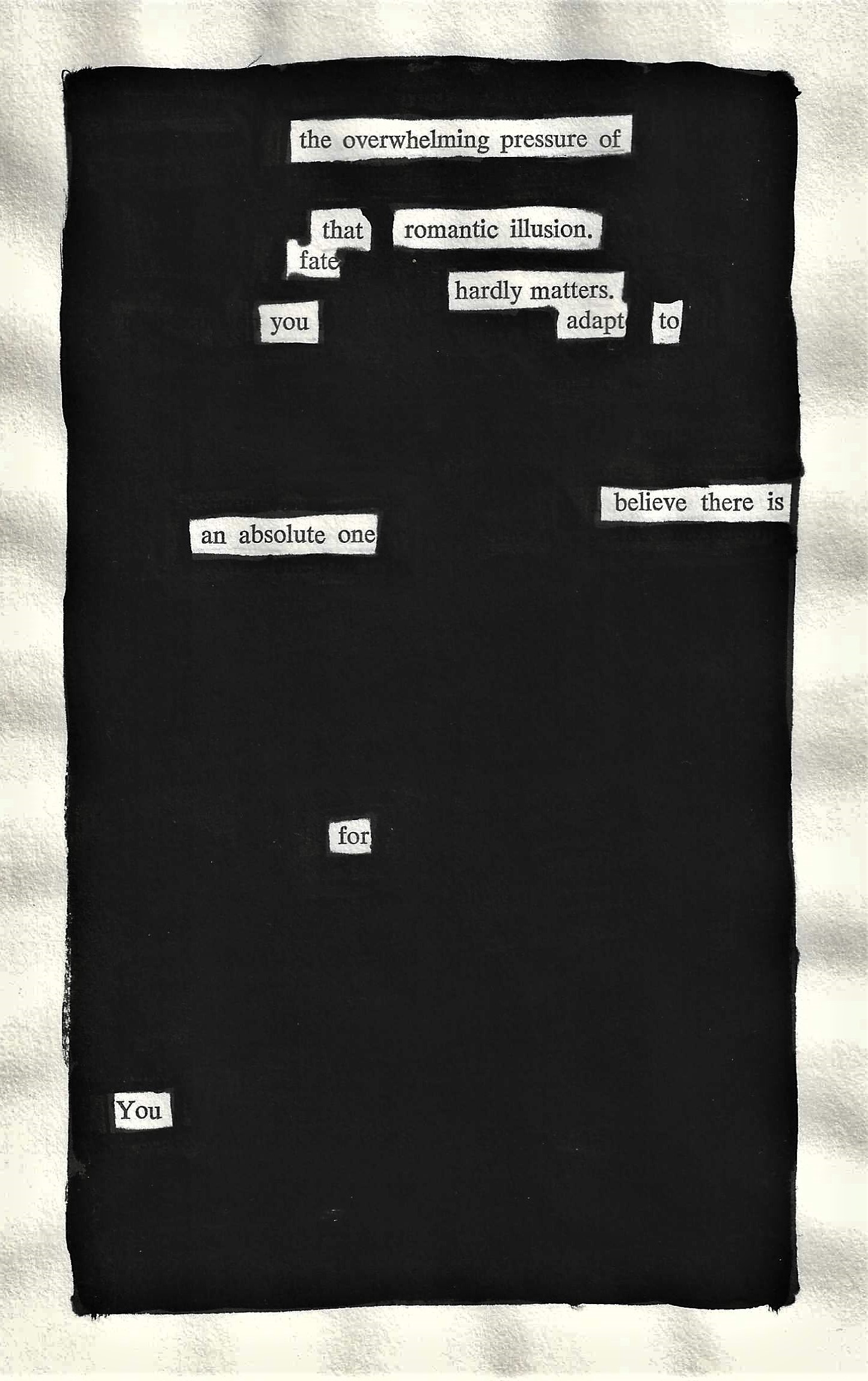Romantic love, often hailed as a pinnacle of human experience, raises profound questions about the nature of our emotional connections. Within the Bahá’í framework, the inquiry into whether romantic love is an illusion takes on a deeper significance. The teachings emphasize the importance of reflection on the heart and the essence of love—both human and divine. To navigate this intricate exploration, we delve into the complexity of romantic love through several lenses: the nature of love, human desire, the divine ideal, and the path toward a more profound understanding.
The Nature of Love
The Bahá’í Faith posits that love is an essential force that permeates all existence, flowing from the divine source. This principle elicits a dual understanding of love: one that acknowledges human love in its transient forms, and another that embraces a more spiritual essence. Romantic love, often characterized by ideals of passion and intimacy, can easily be misconstrued as the ultimate form of love. However, Bahá’í teachings elucidate that while romantic love is indeed a significant aspect of the human experience, it is with the understanding of its ephemeral nature that we should regard it.
As an alluring metaphor, consider romantic love akin to a mirage in a vast desert. Initially captivating, it draws one forward with promises of fulfillment and ecstasy. Yet, as one approaches, the reality reveals itself as less tangible than initially perceived. This underscores the concept that while romantic love can encapsulate profound emotions, it might also be an illusion—an impermanent state shaped by individual perceptions and societal constructs. The Bahá’í view encourages us to look beyond the surface of romantic attachments and to assess the depth of our connections with others.
The Role of Human Desire
Human desire is intricately woven into the fabric of romantic love. The yearning for companionship and affection serves as a crucial motivator in forging bonds with others. Yet, desire, in its more primal form, can lead to confusion, conflating longing with spiritual authenticity. In the Bahá’í perspective, the distinction between animalistic desire and spiritual love is pivotal. When human love is viewed through the lens of desire, it often becomes entangled with possessiveness, jealousy, and a sense of inadequacy.
One must recognize that the misalignment of desires can foster illusions about love. The pursuit of a partner to fill gaps within oneself can lead to disillusionment, creating a cycle of dependency rather than true partnership. Here, the Bahá’í teachings encourage individuals to cultivate inner strength and self-awareness, fostering a love that emanates from within rather than seeking external validation. This inner realization transforms romantic love from a mere chase of fleeting emotions into a path toward mutual growth and spiritual elevation.
The Divine Ideal of Love
At the heart of the Bahá’í Faith is the notion of divine love—a transcendent force that surpasses human understanding. This divinely inspired love serves as the ideal framework from which all other forms of love can be understood. Romantic love, when ascended to this level, becomes a manifestation of the divine qualities such as kindness, generosity, and empathy.
Consider that the heart, often viewed as the source of romantic affection, can also be perceived as a vessel for divine love. In this light, romantic relationships transform into opportunities for spiritual development. The Bahá’í teachings suggest that love should transcend individual desires, propelling partners toward a higher purpose that aligns with the spiritual ideals set forth by Bahá’u’lláh. This perspective encourages individuals to nurture a love that not only satisfies personal emotional needs but also contributes positively to the unity and welfare of humanity.
Paths Toward Deeper Understanding
Navigating the realm of romantic love requires a blend of introspection, communication, and the pursuit of spiritual ideals. The Bahá’í teachings offer guidance on fostering relationships that embody authenticity and purpose. Prioritizing open communication cultivates understanding, enabling partners to explore their desires transparently and without fear. Here, emotional honesty serves as a foundation for the spiritual elevation of the relationship.
Moreover, individuals are encouraged to view their relationships as a journey rather than a destination. Just as a river flows and adapts, allowing for changes in its course, so too should love evolve. Embracing the transformative nature of romance invites flexibility, growth, and the willingness to navigate challenges together. Through shared experiences, couples can cultivate not only a profound affection for one another but also an understanding that romantic love is intertwined with spiritual transformation.
The Balance Between Illusion and Reality
Ultimately, the question of whether romantic love is an illusion cannot be answered definitively. While the fleeting nature of romantic attraction may suggest an illusory quality, the capacity for love is rooted in divine potential. The Bahá’í perspective encourages individuals to seek harmony between the transient and the eternal, embracing the beauty of romantic love while remaining anchored in spiritual principles.
In conclusion, romantic love, when viewed through the lens of Bahá’í teachings, is neither wholly an illusion nor a definitive reality. It serves as a profound reflection of our deepest desires and aspirations, intertwined with the divine. By fostering deeper connections infused with spiritual understanding, individuals can navigate the complexities of love and emerge with a more profound appreciation for the transformative power it holds, both in the realm of human relationships and in the sacred quest toward divine love.
